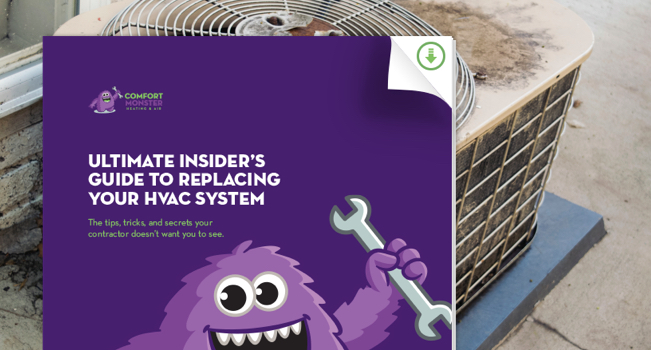Just because your home’s HVAC heating, cooling, or air-conditioning system worked at the end of the last season doesn’t mean it will start up and run safely and efficiently when you start them up for the first time this season. A professional heating or cooling tune up will ensure that your system is checked out thoroughly and is ready to go when the temperatures change.







